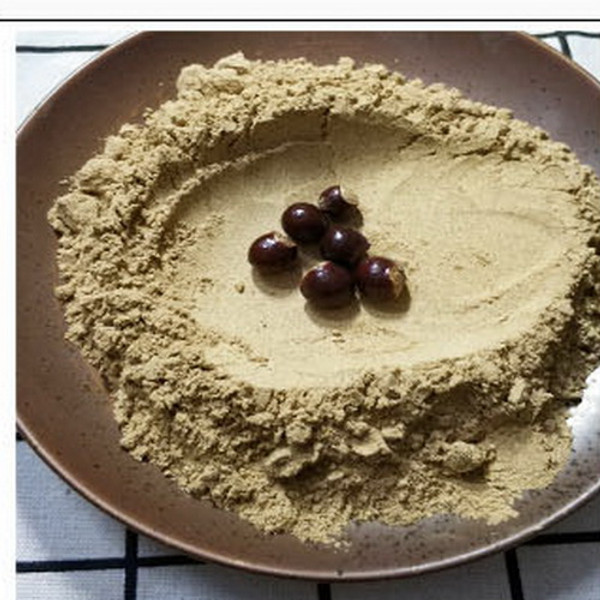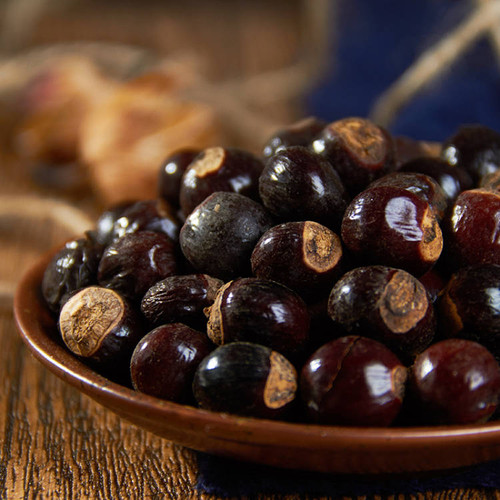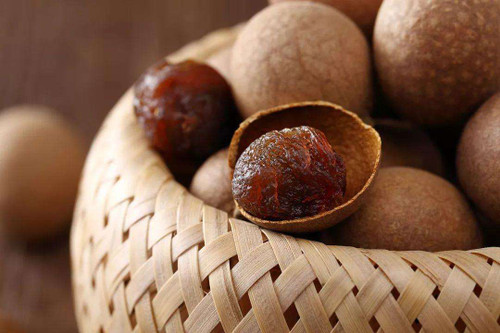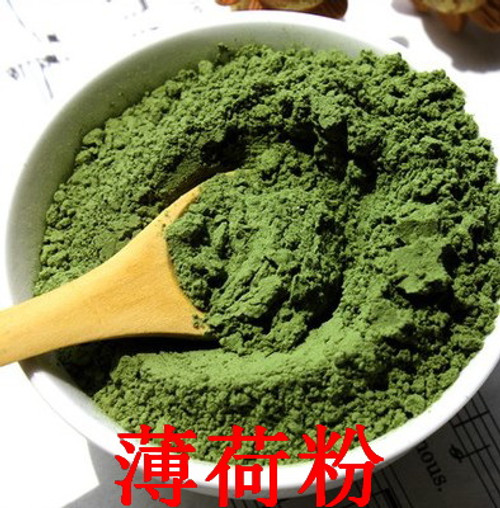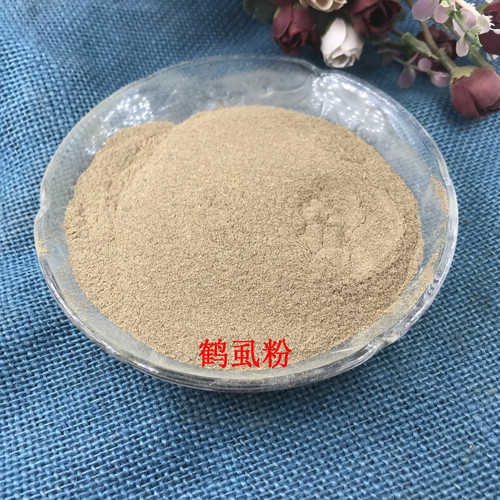Product Overview
Parts used: Dried flesh of the fruit
TCM category: Tonic herbs for Blood Deficiency
TCM nature: Warm
TCM taste(s): Sweet
Meridian affinity: Spleen Heart
Scientific name: Dimocarpus longan
Other names: Dragon's Eye
Use of longans (Long Yan Rou) in TCM
Please note that you should never self-prescribe TCM ingredients. A TCM ingredient is almost never eaten on its own but as part of a formula containing several ingredients that act together. Please consult a professional TCM practitionner, they will be best able to guide you.
Preparation: Remove shell and seed, dry them until they aren't sticky anymore.
Dosage: 6 - 15 grams
Main actions according to TCM*: Nourishes the Blood. Calms the spirit. Relieves fatigue, especially mental fatigue.
Primary conditions or symptoms for which longans may be prescribed by TCM doctors*: Palpitations Insomnia Fatigue Anemia Restlessness
Contraindications*: Not for conditions of Dampness and Heat.
Common TCM formulas in which longans are used*:
For Deficient Qi and Blood with symptoms of palpitations, insomnia and forgetfulness combine longans with ginseng (Ren Shen), milkvetch roots (Huang Qi), dong quai (Dang Gui) and jujube seeds (Suan Zao Ren).
For mild cases of insomnia and anxiety combine longans with lily bulbs (Bai He).
For bloody stools combine longans with american ginseng (Xi Yang Shen).
Key TCM concepts behind longans (Long Yan Rou)'s properties
In Traditional Chinese Medicine (TCM), longans are plants that belong to the 'Tonic herbs for Blood Deficiency' category. Tonic herbs are used for patterns of Deficiency, when one lacks one of the 'Four Treasures' (Qi, Blood, Yin and Yang). Blood tonics tend to be bitter-sweet with either a Warm or neutral nature. Because the Liver stores Blood, all Blood tonics enter that Organ meridian.
As suggested by its category longans are plants that are Warm in nature. This means that longans tend to help people who have too much "cold" in their body, although with less effect than a plant that would be Hot in nature. Balance between Yin and Yang is a key health concept in TCM. Those who have too much cold in their body are said to either have a Yin excess (because Yin is Cold in nature) or a Yang deficiency (Yang is Hot in Nature). Depending on your condition longans can help restore a harmonious balance between Yin and Yang.
Longans also taste Sweet. The so-called "five elements" theory in Chinese Medicine states that the taste of TCM ingredients is a key determinant of their action in the body. Sweet ingredients like longans tend to slow down acute reactions and detoxify the body. They also have a tonic effect because they replenish Qi and Blood.
The tastes of ingredients in TCM also determine what organs and meridians they target. As such longans are thought to target the Spleen and the Heart. In TCM the Spleen assists with digestion, blood coagulation and fluid metabolism in the body. In addition to regulating blood flow, the Heart is believed to be the store of the "spirit" which basically refers to someone's vitality.
Use of longans (Long Yan Rou) as food
Longans are also eaten as food. It is used as an ingredient in dishes such as Longan Cheesecake or Lemon Chicken with Longan.
